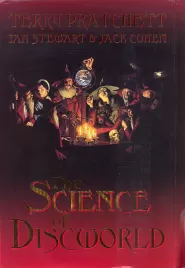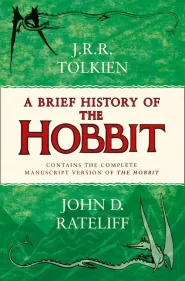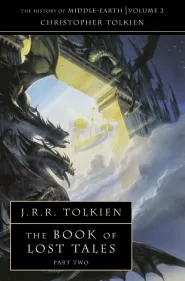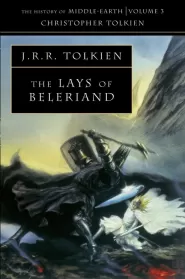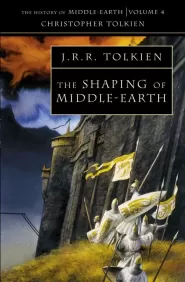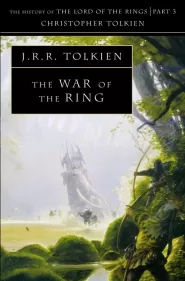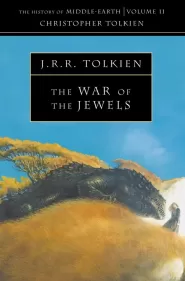The Book of Lost Tales, Part Two
The second of a two-book set that contains the early myths and legends
which led to the writing of Tolkien’s epic tale of war, The
Silmarillion.
This second part of The Book of Lost Tales includes the tale of Beren and Lúthien, Túrin and the Dragon, and the only full
narratives of the Necklace of the Dwarves and the Fall of Gondolin,
itself the finest and most exciting depiction of a battle that Tolkien
ever wrote. Each tale is followed by a commentary in the form of a short essay, together with texts of associated poems, and contains extensive
information on names and vocabulary in the earliest Elvish languages.
Readers also enjoyed
J. R. R. Tolkien
J. R. R. Tolkien, the creator of Middle-earth, was not just a writer; he was a weaver of worlds, a philologist whose deep understanding of language and mythology breathed life into epic landscapes, timeless characters, and legends that still captivate readers around the world. Born in 1892 in Bloemfontein, South Africa, Tolkien’s early years were marked by tragedy—his father’s untimely death and the loss of his mother, both of which shaped the tone of his writing. His roots in the English countryside, where he moved as a child, became the fertile ground for the stories that would define an entire genre.
The History of Middle-earth
The History of Middle-earth consists of twelve books. The current recommended reading order for the series is provided below.
Related series The History of Middle-earth (omnibus editions)



